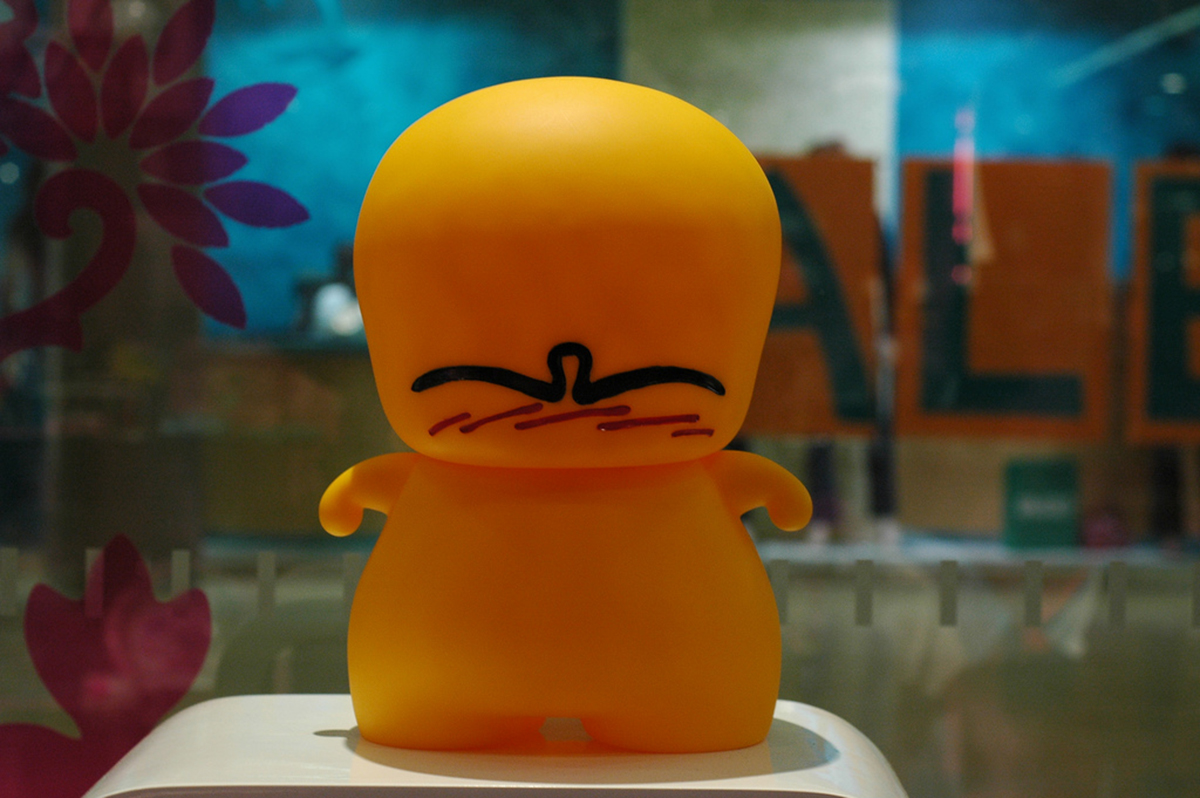Table of Contents
Constipation is a real health problem for which doctors tend to be unsympathetic for. Even though "irregularity" can be painful, unpleasant, unsanitary, and frankly quite embarrassing, most physicians hesitate to even treat it, or offer over the counter treatments that don't really end up work. The reason constipation fails to get the attention it is due, and really does deserve, probably begins with the fact that there is no objective, definitive, laboratory-based test giving quantitative measurements of biomarkers for its diagnosis.
This makes it hard to diagnose it, and constipation ends up being ignored. About one in seven people worldwide suffer from chronic constipation too, making it fairly common. About one in nine suffers from irritable bowel syndrome. Often times the common treatments your prescribed for these health problems don't actually work. This, combined with the fact that constipation is often over-looked, can make it pretty hard to treat, despite being a common issue.
Let's take a look at some treatment options for constipation that actually do work, and find out which ones don't.

Do You Really Have Constipation?
There is general agreement that constipation (in the medical literature, "chronic idiopathic constipation:) involves having fewer bowel movements, but just how many fewer is open to debate. The old rule was that if you have fewer than three bowel movements in a week, you are constipated.
Nowadays gastroenterologists diagnose constipation of the basis of criteria known as the "25 percent rule". A diagnosis of constipation is appropriate if there are three or fewer bowel movements per week and two or more the following symptoms apply at least 25 percent of the time:
- Straining
- Feeling of incomplete evacuation of the bowel
- Lumpy or hard stools
- Need to "dig out" feces to complete a bowel movement
- Feeling of a lump or obstruction in the bowel
Constipation is a condition that is all about the consistency of stools. If the stools can be made less hard or lumpy, the symptoms go away. People who have constipation seldom have loose stools unless they take laxatives.
Or Do You Really Have Irritable Bowel Syndrome?
Almost as many people suffer irritable bowel syndrome (also known as IBS) as chronic idiopathic constipation. The symptoms of irritable bowel syndrome start with having abdominal pain at least three days per month. In irritable bowel syndrome, abdominal pain is relieved by defecation. Unlike chronic constipation, irritable bowel syndrome causes variable stools, sometimes hard or lumpy, sometimes not. Irritable bowel syndrome usually results in variable frequencies of bowel movement, sometimes fewer than three times a week, sometimes more.
See Also: What Is Constipation In Children?
Most People Who Have Constipation or IBS Don't Get Treatment
In the United States, epidemiologists estimate, about 15 percent of the population has either chronic constipation or IBS, but only about two percent of the population receives medical treatment for these conditions. This may be because of embarrassment about discussing the condition with a doctor, or experience with a doctor's dismissive attitude when seeking help. Constipation is more common in people who are over 65 than in people who are under 65, in women than in men, and in African-Americans than in other groups in the American population. People in North America, Australia, and New Zealand are about twice as likely to have constipation, either chronic idiopathic constipation or IBS, than people in Europe, Asia, and Africa.
- Ford AC, Moayyedi P, Lacy BE, et al
- for the Task Force on Management of Functional Bowel Disorders. American College of Gastroenterology monograph on the management of irritable bowel syndrome and chronic idiopathic constipation. Am J Gastroenterol. 2014. 109:S2-S26.
- Young E, Stoneham MD, Petruckevitch A, Barton J, Rona R. A population study of food intolerance. Lancet. 1994. 343:1127-1130.
- Photo courtesy of delta_avi_delta via Flickr: www.flickr.com/photos/dabhaid/378520989
- Photo courtesy of France1978 via Flickr: www.flickr.com/photos/51764518@N02/9059934653

